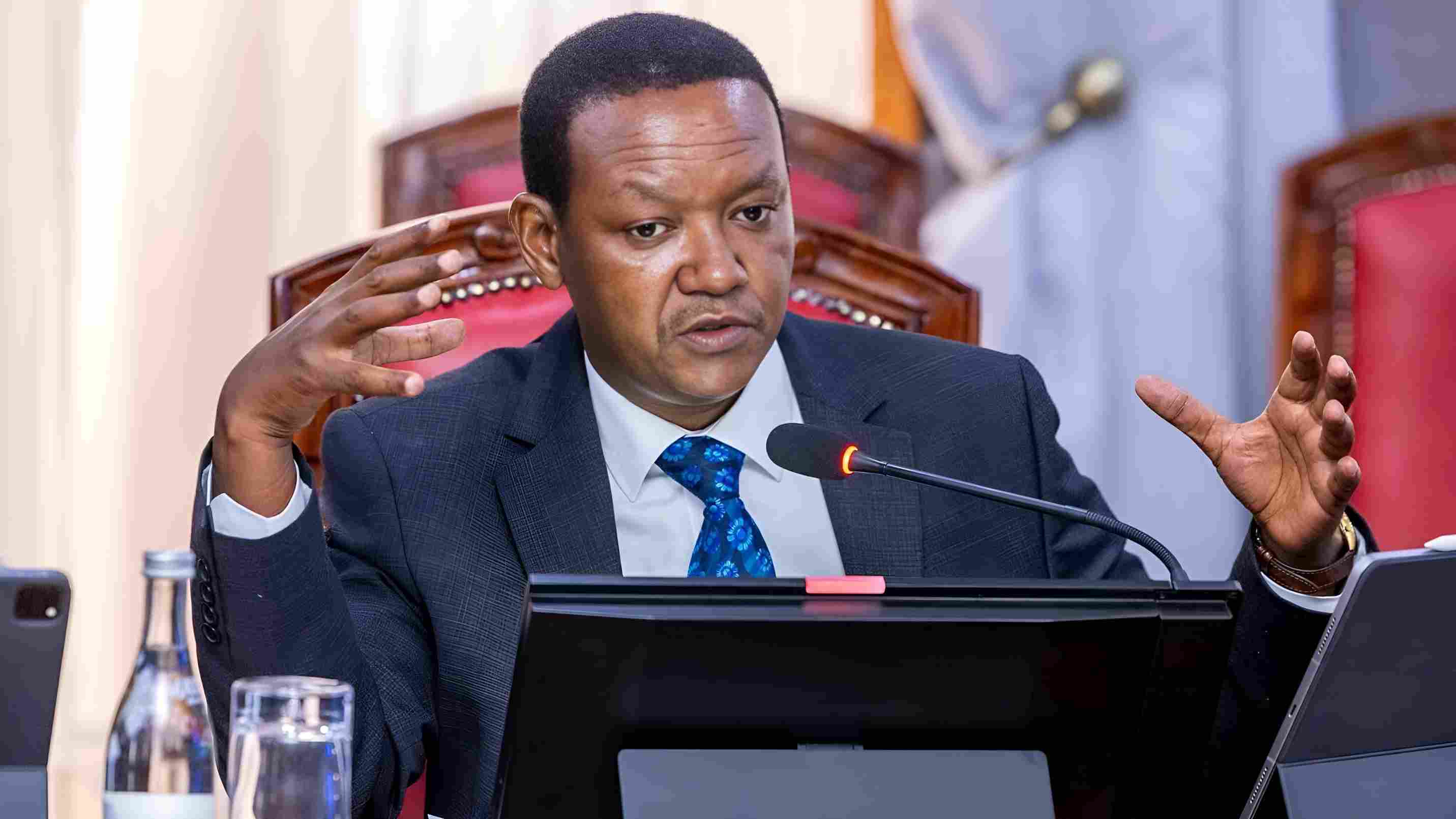Over 124,000 learners to benefit as adult education faces major shake-up

Labour and Social Protection Cabinet Secretary Alfred Mutua on Wednesday said the restructuring is aimed at equipping adult learners with practical skills and knowledge that meet current market demands.
The government is set to overhaul Kenya’s adult education curriculum as part of a broader plan to make it more relevant to the job market and align it with the Competency-Based Education (CBE) system.
Labour and Social Protection Cabinet Secretary Alfred Mutua on Wednesday said the restructuring is aimed at equipping adult learners with practical skills and knowledge that meet current market demands.
He made the announcement after meeting officials from the Directorate of Adult Learning and Education, now under his ministry following its transition from the Ministry of Education.
“Today, I held a consultative meeting with officials from the Directorate of Adult Learning and Education, which now falls under the Ministry of Labour and Social Protection following its recent transition from the Ministry of Education,” Mutua said.
He emphasised the ministry’s renewed commitment to empowering adult learners, describing the move as part of a national effort to promote inclusive growth and opportunity for all.
“As a Ministry, we are fully committed to revitalising adult learning as a transformative force in our society. This is part of our broader agenda to build a fair and empowered nation where every Kenyan, regardless of age, has the opportunity to learn, grow, and thrive with dignity,” he added.
Currently, over 124,000 learners are enrolled in adult education centres across the country. Mutua noted that offering education to those who missed out on formal schooling enhances not only their individual productivity but also the overall social well-being.
The Cabinet Secretary said the government plans to increase the number of instructors and adult education officers, as well as expand and upgrade facilities in these learning institutions. He acknowledged the sector continues to face numerous challenges.
“The sector continues to face major challenges, including inadequate staffing, outdated curricula, limited funding, societal stigma, and underutilised training centres. Compounding these issues is the lack of up-to-date data, with the last national adult literacy survey conducted as far back as 2006,” Mutua said.
The move comes at a time when Parliament is supporting broader reforms in alternative education. Just days earlier, the National Assembly’s Committee on Education backed a bill aimed at officially recognising Alternative Provision for Basic Education and Training (APBET) institutions.
These schools serve learners who lack access to formal education systems, particularly those in informal settlements and remote regions. APBET institutions include vocational training centres, home schools, non-formal education centres, night schools, and adult learning centres.
According to lawmakers, the proposed Basic Education (Amendment) Bill, 2025, would mandate the government to map, register, guide, and fund these institutions through structured policy and oversight.
“The purpose for which this Bill was made was, first, to anchor an already existing policy, the Policy Framework for Alternative Provisions for Basic Education and Training,” said Mathare Member of Parliament Anthony Oluoch, who sponsored the bill.
